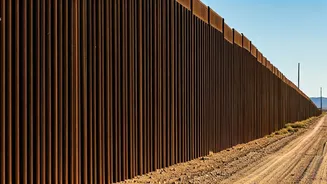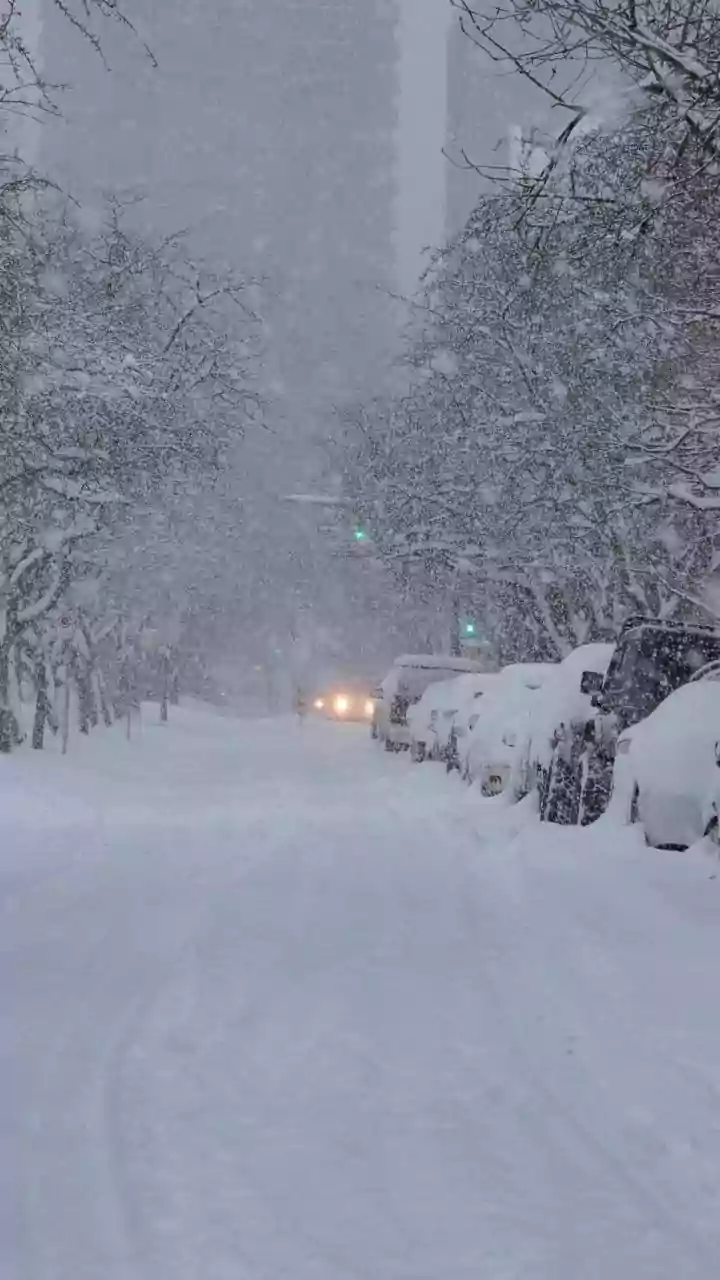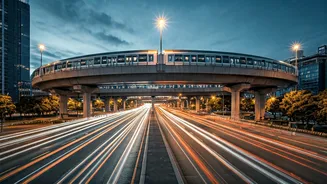Increased Deportations Underway
The US government, under the Trump administration, initiated a significant increase in deportations, particularly focusing on individuals considered to
be gang members. Reports indicated that nearly 8,000 Venezuelans were deported as part of this crackdown. This action was a key component of the administration's broader strategy to reduce illegal immigration. The move has led to varied responses, with supporters seeing it as a necessary step to enhance national security and detractors expressing concerns about human rights and due process. The focus on Venezuelan nationals specifically highlights the current administration's stance on immigration from certain regions.
Political Reactions Erupt
The increased enforcement efforts triggered reactions across the political spectrum. Several politicians and government officials weighed in on the situation, expressing support or opposition to the actions. Karoline Leavitt criticized the Democrats over policies related to immigration. Other political figures, such as Marco Rubio, also provided their perspectives on the developing policies. The varied responses demonstrated the contentious nature of the issue. The commentary reflects the broader debates about border security, immigration reform, and the balance between national security and humanitarian concerns.
ICE's Role & Actions
Immigration and Customs Enforcement (ICE) played a central role in the crackdown, conducting raids and making arrests. The agency announced that it had removed over 4,000 people from the streets. This reflects the agency's enhanced efforts in enforcing immigration laws and removing individuals deemed a threat. The ICE operations have been met with mixed responses. Some commend the agency's efforts to keep the public safe, while critics voice concern over the methods used. Some officials, like Kristi Noem, have staunchly defended ICE, emphasizing their role in removing individuals with criminal backgrounds. Conversely, some like Jasmine Crockett have strongly criticized the ICE activities.
Legal & Policy Adjustments
Simultaneously with the increased enforcement actions, legal and policy adjustments were enacted. Government entities have issued warnings and executive orders impacting immigration processes and enforcement practices. The Department of Justice (DOJ) warned California officials against interfering with ICE operations. Additionally, Illinois signed an executive order, signaling increased government involvement. These actions reflect the evolving nature of immigration laws and enforcement strategies in the United States. These adjustments affect immigration policies and practices. These legal changes and policy statements shape the landscape of immigration within the United States.
Public and Protests
The strict measures and enforcement actions incited public reactions and protests across the country. Demonstrations took place at various locations, and protesters clashed with law enforcement, reflecting widespread discontent with current policies. These protests reflect the public's differing opinions about immigration policies. Some people are voicing opposition to the increased enforcement actions, while others demonstrate their support for stricter border controls and the removal of unauthorized immigrants. These protests have created an atmosphere of political tension, with protesters demanding changes to current policies.
Future Uncertainties Remain
As enforcement increases, the future of US immigration policies remains uncertain. The dynamic nature of the situation reflects the ongoing debate regarding immigration and border control. The upcoming political movements and court rulings will have a significant impact on immigration legislation and enforcement strategies. Many factors, including upcoming elections and legislative actions, will play pivotal roles in molding the future of US immigration. This also includes the possible impact of changing administrations.





















